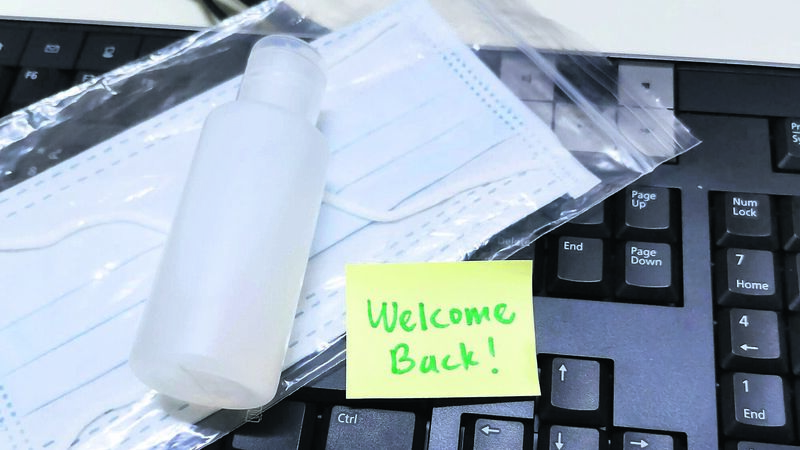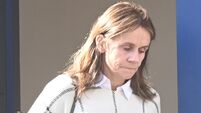Meet the office workers planning their return

Welcome note with hand sanitizer and mask on work keyboard; Back to work note with alcohol gel to prevent coronavirus / infection
The return to offices may be one of the last things to happen, but as more of us are vaccinated and the fear of crowded spaces subsides, it will happen, although it may never return to the old ‘normal’ of a five-day week. spoke to eight office workers about their time at home and what they are planning to do once restrictions are lifted.











